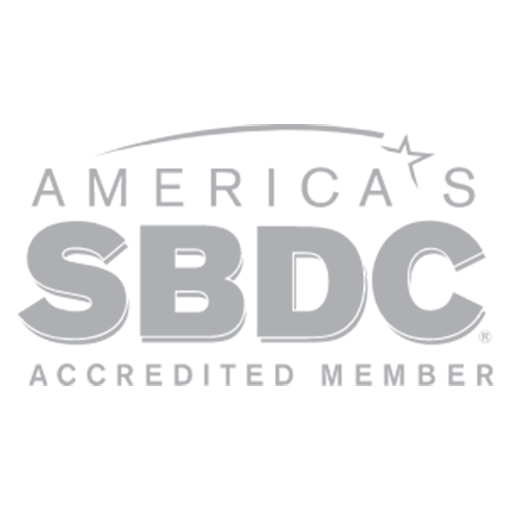Today we discuss various aspects of small business lending, particularly for startups and business acquisitions. The episode features Kendro Benjamin, a senior relationship manager at Dime Community Bank, and Jeff Sherman, who has experience in both accounting and owning a video franchise.
- Startup Financing: The importance of thorough preparation before seeking financing for startups is emphasized. This includes having a well-prepared business plan with accurate financial projections. Banks consider applicant’s credit scores and the overall financial health.
- Professional Experience: Professional experience is crucial when seeking a loan for starting a business. Direct experience in the industry is preferred, with a minimum of two years being a common requirement.
- Collateral Requirements: Banks often require collateral for loans, which can include personal assets like a home.
- Franchise Financing: The episode explores franchise financing and the advantages of franchising compared to independent businesses. It discusses changes in SBA loan requirements that allow for partial ownership of a business, opening up new opportunities for entrepreneurs.
- Due Diligence for Business Acquisition: When acquiring a business, thorough due diligence is crucial. This includes examining tax returns and financial records to uncover any underlying issues that could affect loan approval. Clear business plans and valuations are essential when seeking SBA loans for business acquisitions.
Host
Hosted by the Farmingdale SBDC’s Business Breakthrough | New York Podcast. The Farmingdale SBDC is part of the New York Small Business Development Center (SBDC) network of 20 campus-based centers and outreach offices located across New York State.
Funded in part through a Cooperative Agreement with the US Small Business Administration. Training collaboration does not constitute an expressed or implied endorsement by the NYSBDC and SBA of the presenter(s), their organization(s), and/or their products and services.
Ready to start? Connect
With your local center.
Our statewide network of 20 regional development centers and over 70 satellite locations is ready to help you take the next step. Find your center & start your SBDC journey.






